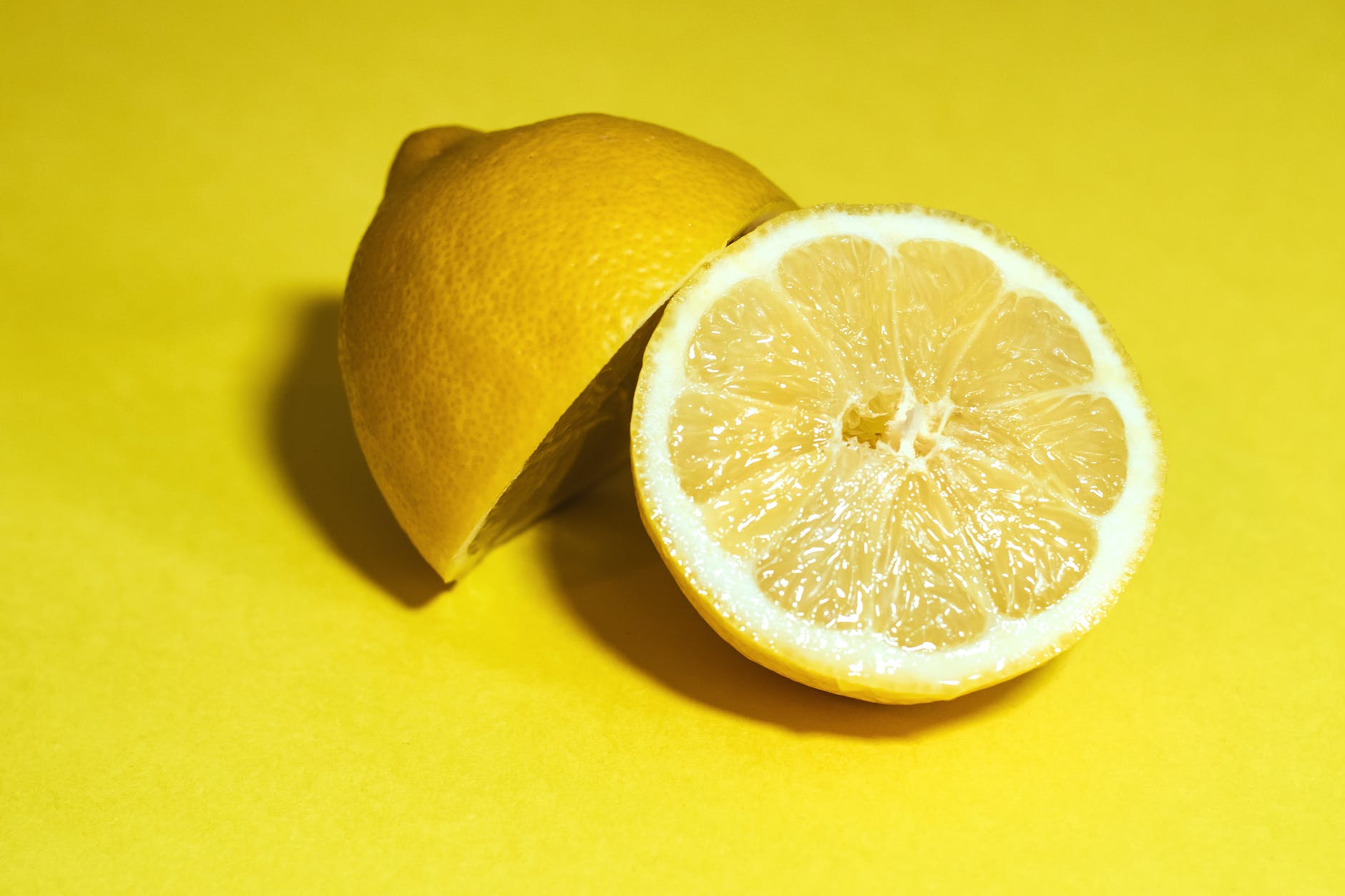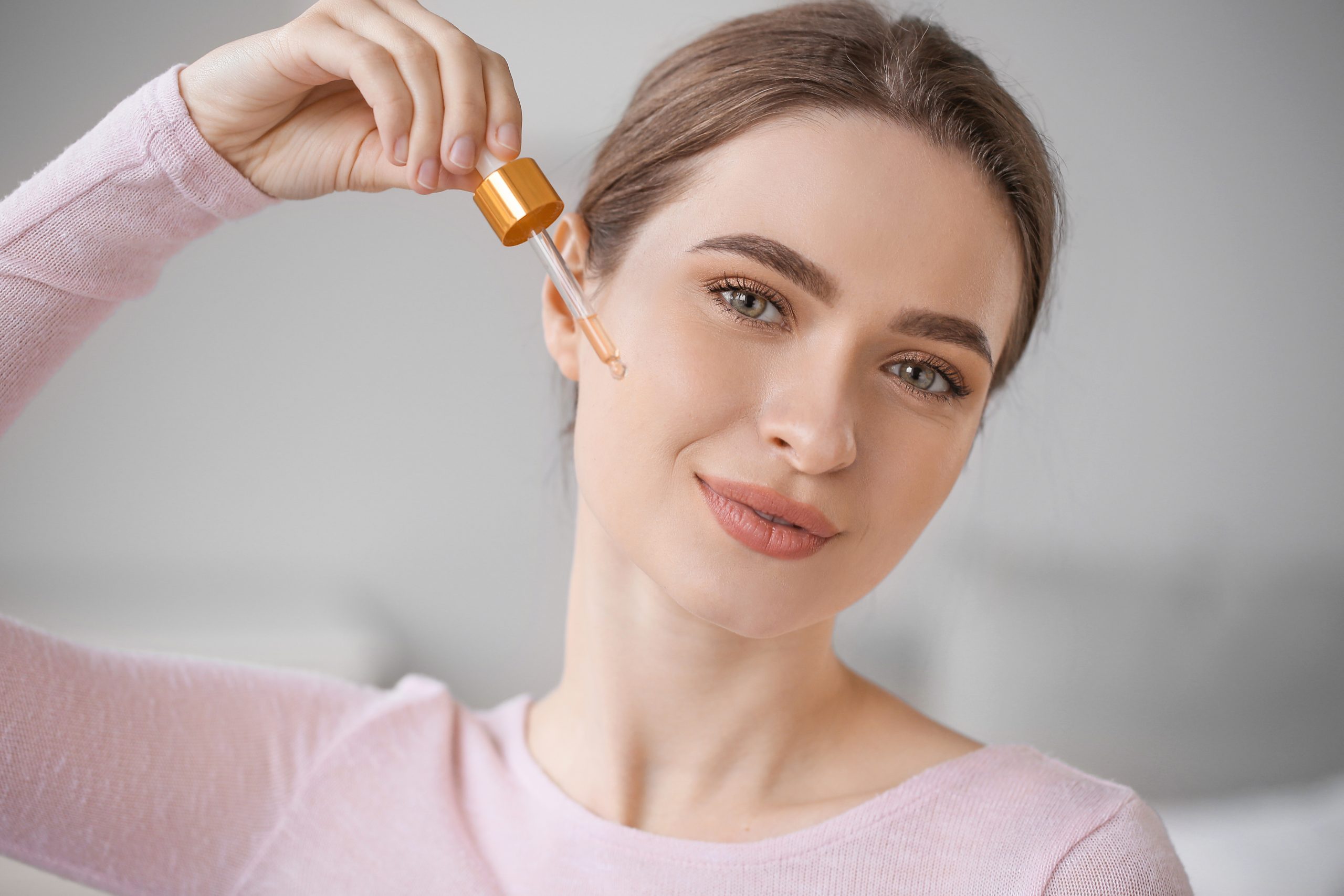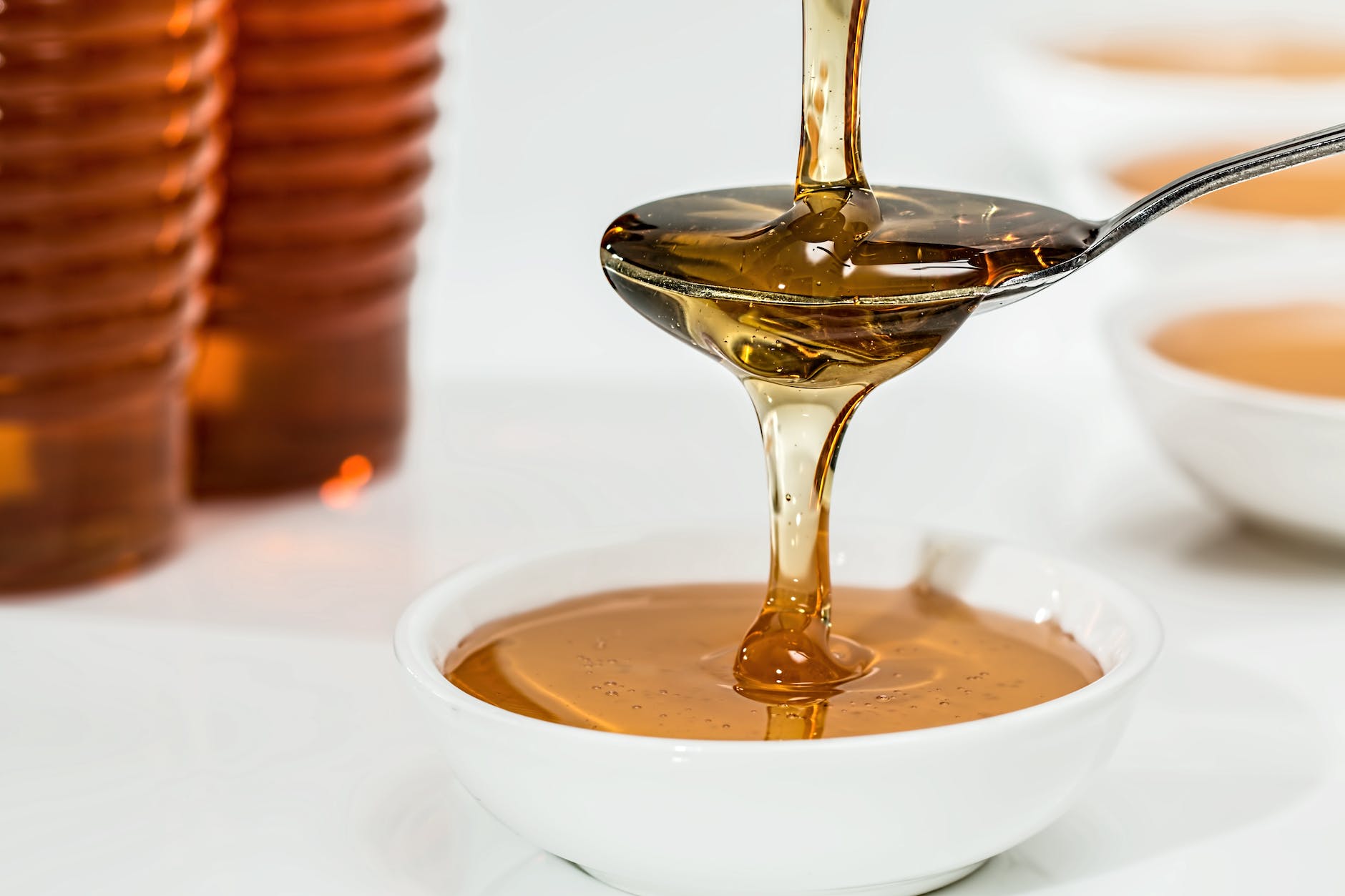
Introduction: 🍋✨ Welcome to another enlightening blog post! In this edition, we will explore the potential benefits of using lemon juice for acne-prone skin. Lemon juice, derived from the tangy citrus fruit, is a popular natural remedy known for its astringent and antibacterial properties. Join us as we delve into the world of lemon juice and discover how it can help combat acne and promote clearer, healthier-looking skin.
Understanding Acne and its Causes: 🌟 Acne is a common skin condition that affects people of all ages. It occurs when hair follicles become clogged with oil, dead skin cells, and bacteria, leading to the formation of pimples, blackheads, and whiteheads. Factors such as excess sebum production, hormonal changes, and inflammation contribute to the development of acne.
The Potential Benefits of Lemon Juice for Acne:
- Natural Astringent Properties: 🍋🌿 Lemon juice possesses natural astringent properties, which can help tighten and shrink the appearance of pores. Applying lemon juice topically to acne-prone areas may help reduce excess oil production, remove impurities, and minimize the risk of clogged pores.
- Antibacterial Effects: 🍋🔬 Lemon juice contains citric acid, which exhibits antibacterial properties. This can help combat the bacteria responsible for acne breakouts, reducing inflammation and promoting a healthier complexion.
- Exfoliating and Brightening Effects: 🍋🌟 The natural acidity of lemon juice can act as a gentle exfoliant, removing dead skin cells and unclogging pores. Regular exfoliation can help prevent the formation of acne and promote a smoother, brighter complexion.
- Rich in Vitamin C: 🍋⚡ Lemon juice is packed with vitamin C, a powerful antioxidant that supports skin health. Vitamin C helps reduce inflammation, neutralize free radicals, and promote collagen production, aiding in the healing and renewal of acne-prone skin.
Using Lemon Juice for Acne:
- Spot Treatment: 🍋🎯 Dab a cotton swab or a clean fingertip into freshly squeezed lemon juice and apply it directly to individual acne spots. Leave it on for about 10-15 minutes, then rinse thoroughly with water. This spot treatment can help reduce redness, inflammation, and the appearance of blemishes.
- Face Mask: 🍋🧖♀️ Create a homemade face mask by combining freshly squeezed lemon juice with other natural ingredients such as honey, yogurt, or aloe vera gel. Apply the mask to your face, avoiding the eye area, and leave it on for 15-20 minutes. Rinse off with lukewarm water and pat dry. This mask can help cleanse the skin, remove excess oil, and promote a more radiant complexion.
- Dilution and Sensitivity Test: 🍋⚠️ Lemon juice can be potent, and its high acidity may cause skin irritation in some individuals, particularly those with sensitive skin. To mitigate this risk, dilute the lemon juice with equal parts water before applying it to the skin. Additionally, perform a sensitivity test by applying a small amount of diluted lemon juice to a small area of skin and observing for any adverse reactions before proceeding with wider application.
Precautions and Considerations: 🍋⚠️ Keep the following points in mind when using lemon juice for acne:
- Sun Sensitivity: Lemon juice can increase the skin’s sensitivity to the sun. Apply sunscreen before going outdoors and avoid prolonged sun exposure, especially after using lemon juice on the skin.
- Individual Sensitivities: Lemon juice may not be suitable for everyone. If you experience excessive dryness, redness, or irritation, discontinue use and consult a dermatologist.
Conclusion: 🍋✨ Lemon juice, with its astringent, antibacterial, and exfoliating properties, has the potential to be a valuable addition to your acne-fighting skincare routine. By using lemon juice as a spot treatment or incorporating it into face masks, you may experience reduced inflammation, minimized breakouts, and a brighter complexion. Remember to dilute the lemon juice and perform a sensitivity test to ensure it suits your skin type. If you have any concerns, consult a dermatologist for personalized advice.











